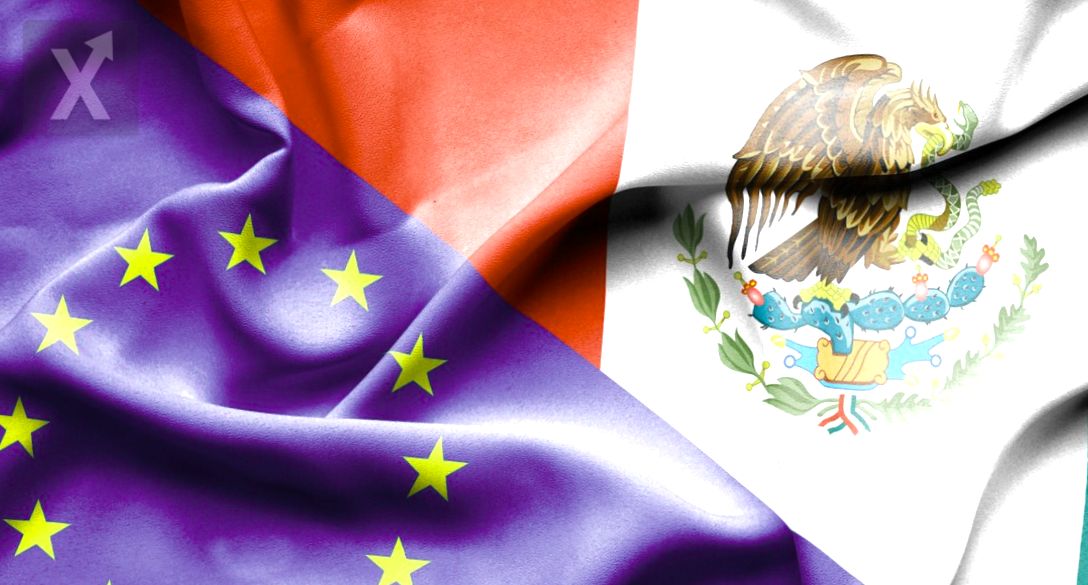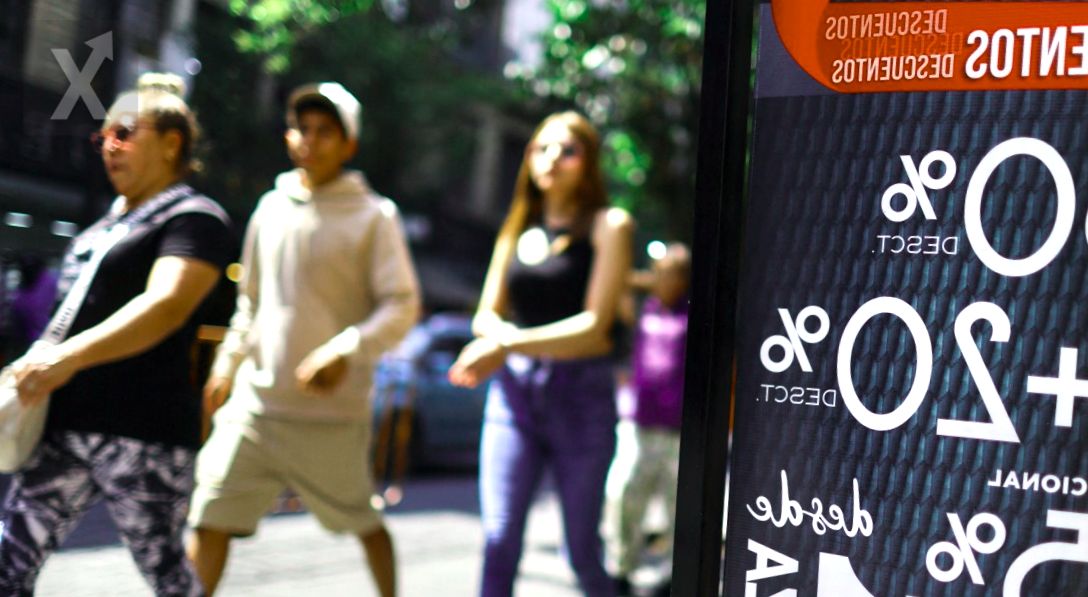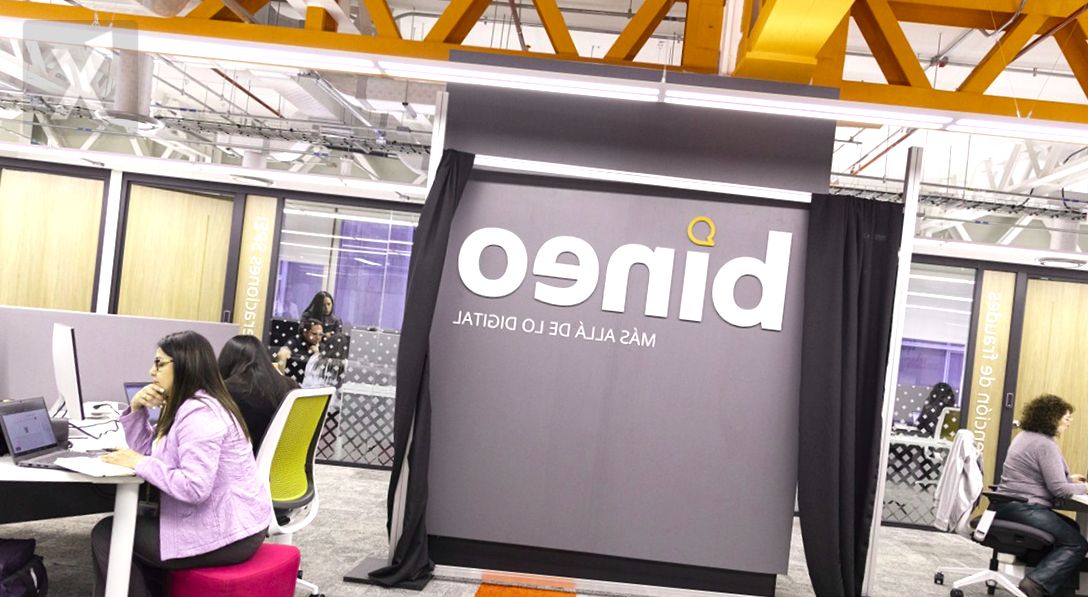Renewal of the Trade Agreement between Mexico and the European Union: New Opportunities on the Horizon

Today, the European Union announced that both the bloc and Mexico have finalized negotiations to modernize their bilateral trade agreement which began in 2016.
The main objective is to increase exports of European services in key sectors such as finance, transportation, e-commerce, and telecommunications. There is also a focus on strengthening the supply chain of local raw materials to enhance the competitiveness of European industry. Eliminating non-tariff barriers and ensuring fair conditions, especially regarding intellectual property rights, will be essential. EU companies will have access to contracts from the Mexican government under the same conditions as local firms. Additionally, European investment in Mexico will be promoted and protected, along with the digital transition through a dedicated chapter on digital trade. Standards for the reuse and repair of products important for sustainability will be improved. Tariffs of up to 100% on critical EU export products, such as cheeses, poultry, pork, pasta, apples, jams, preserves, chocolate, and wine, will be eliminated. Furthermore, protection for traditional European products will be expanded to a total of 568, allowing agro-food exports to be faster and more economical due to simplified processes. This agreement also includes commitments on labor rights, environmental protection, climate change measures, and responsible business practices, with a specific procedure to resolve disputes, ensuring the effectiveness of these conditions. Moreover, civil society organizations will play a significant role in overseeing implementation. Shared values such as human rights, democracy, and the rule of law will be promoted. Issues related to drugs, transnational organized crime, and migration will also be at the forefront of the discussion. Efforts will be made to foster multilateralism with greater participation in organizations such as the UN, WTO, and G20.“We have completed the modernization of our global agreement with Mexico. This represents a tangible opportunity to open new prospects for our businesses and consumers, while strengthening our economic security,” said European Trade Commissioner Maros Sefcovic. The trade pillar of the agreement will further enhance a relationship that is already thriving: in 2023, trade in goods between the European Union and Mexico reached 82 billion euros, while the exchange of services was 22 billion euros. Mexico is positioned as the second most important trading partner of the European Union in Latin America. This new agreement promises to open doors to new business opportunities and support the EU's green and digital transition, which will considerably benefit European farmers, as Mexico is a net importer of agro-food products from the EU. This agreement also encompasses a broad chapter on trade and sustainable development, which will encourage dialogue and cooperation in these areas. Expected to undergo a final legal review, both the EU and Mexico will now proceed with their procedures for adoption and ratification. European Commission President Ursula von der Leyen emphasized: “The EU and Mexico already have a relationship of trust. We are ready to deepen our cooperation further, which will bring great benefits to our peoples and economies. EU exporters will access new business opportunities, including those for our farmers and agro-food sector companies. This historic agreement is proof that open, rules-based trade can generate prosperity, economic security, climate action, and sustainable development. I look forward to working with President Sheinbaum to meet the expectations of this agreement.” According to information from AFP.
This agreement is a strategic step for both Mexico and the European Union. The opening of markets will not only facilitate trade but also contribute to sustainable development, which is crucial in a world where sustainability and corporate responsibility are becoming increasingly important. Mexican companies must be prepared to adapt to new regulations and take advantage of the opportunities arising from this collaboration. The key will lie in the capacity for innovation and adaptation to a constantly changing environment.






